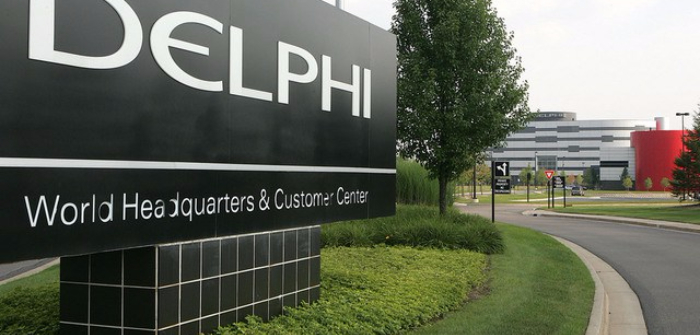Delphi Automotive PLC and Tula Technology Inc. have unveiled a near-production implementation of a cylinder deactivation system that will deliver an 8-15% reduction in CO2 emissions, depending on the engine. For efficient four cylinder turbocharged engines, improvements occur at an estimated cost of just €40 per percent CO2 reduction. Dynamic Skip Fire (DSF) is the industry’s first fully variable engine cylinder deactivation technology, allowing new approaches to refinement, combustion and hybridisation.
“Last year at the Vienna Symposium, we discussed how DSF’s unique approach brings best-in-class improvements in CO2 and fuel consumption. This year we are looking at how we deliver these benefits with unchanged perception of noise, vibration and harshness even in turbocharged, downsized four cylinder engines,” explained Martin Verschoor, vice president engineering, Delphi Powertrain Systems. “At €40 per percent gain in fuel efficiency, we believe this makes DSF one of the most attractive powertrain technologies currently available at a high production readiness.”
The paper also describes how integration with mild electrification enables DSF to deliver an additional CO2 reduction of up to 3%, bringing the total DSF benefits to a projected 11% on four cylinder engines.
During DSF operation, the decision to fire or skip a cylinder is made immediately prior to each firing event, with each event considered independently in sequence. When a cylinder is skipped, both intake and exhaust valves are held closed using Delphi’s cylinder deactivation hardware. A wide range of factors is considered when deciding which cylinders to fire, including torque demand, the NVH characteristics of the engine and the frequencies and amplitudes that must be avoided to eliminate any impact on occupant comfort.
By selecting the sequence of combustion events dynamically, engine operation occurs near peak efficiency, virtually eliminating pumping losses and significantly improving thermal efficiency. The unique control methodology also allows new approaches to combustion strategies, opening the possibility of further significant efficiency gains, and to simple yet effective optimisation of other powertrain systems. For example, selecting combustion on a per-event basis enables efficient, millisecond torque modulation, while intrinsically high manifold pressure provides faster torque response, with improved combustion stability at low engine loads.
Another significant advantage of DSF is that it allows all-cylinder cutoff during deceleration (Deceleration Cylinder Cut-Off, DCCO) which eliminates the catalyst refueling penalties associated with more limited fuel shut-off strategies. DCCO also enables longer deceleration events by further reducing pumping losses.


